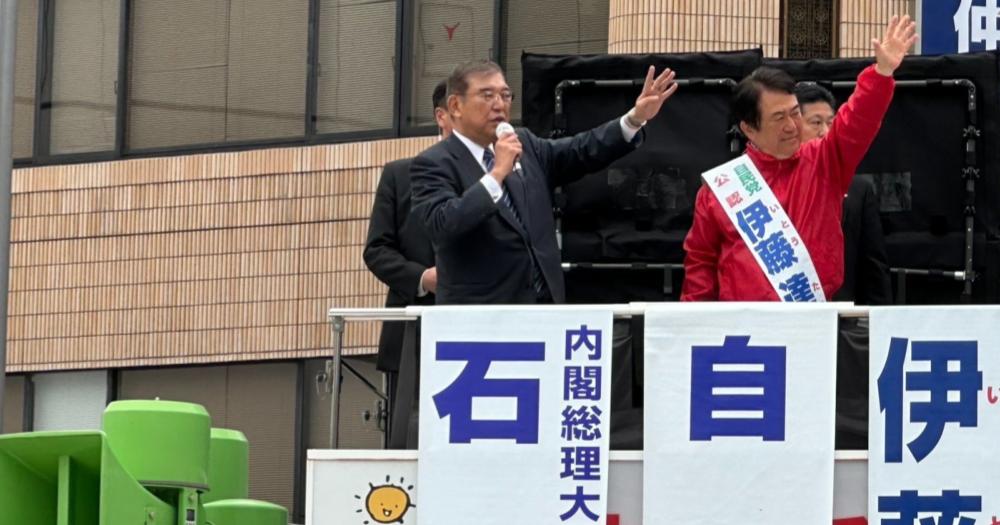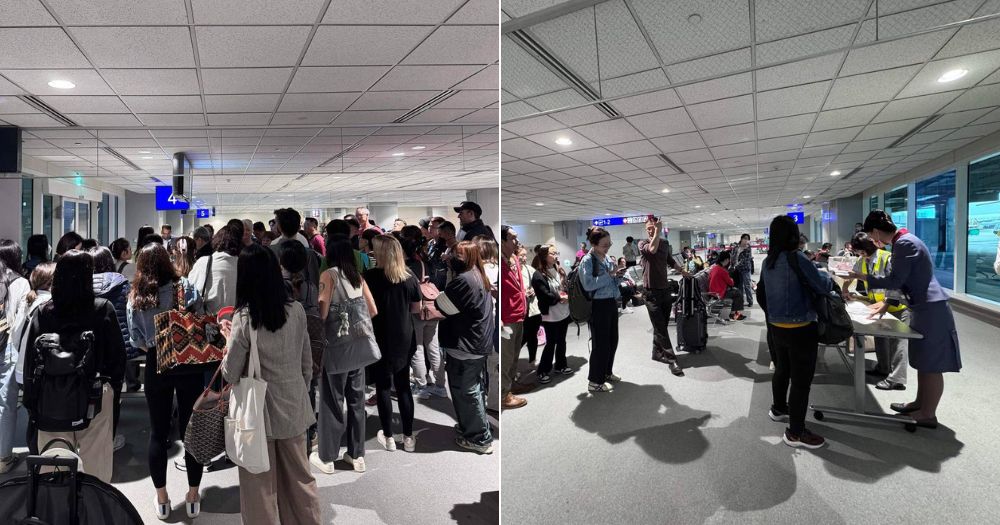Japan govt in limbo as ruling LDP lose majority in parliament for 1st time since 2009
But Shigeru Ishiba's LDP remains the largest party in Japan's parliament.

Japan’s new prime minister Shigeru Ishiba, of the Liberal Democratic Party (LDP), has lost his party’s parliamentary majority a month after taking office and calling for a snap general election.
On Oct. 27, 2024, Japan held its parliamentary elections a year earlier than was due, after Ishiba called for new elections a month after he won the LDP's leadership contest.
Ishiba led a wounded LDP into the election, bogged down by controversy and scandals, with many warning that the party was due for a poor result if not an outright battering.
The warning was correct, with the LDP only winning 191 seats, down from 247 seats.
Significant losses
Japan’s lower house has a total of 465 seats, with parties or coalitions requiring 233 to hold an overall majority.
The LDP had previously been able to form a government on its own without the need for its coalition partner the Komeito Party, but together they held 297 seats, according to Nikkei.
Now the coalition holds a total of only 191 seats, with Komeito winning 24 seats, down from 32.
The opposition and independents went from holding 186 seats to 250.
It should be noted that several independents are aligned with the LDP and these numbers do not reflect that, but with only 12 independents they alone cannot change the result.
Of the main opposition parties, the Constitutional Democratic Party (CDP), won 148 seats, with the Japan Innovation Party winning 38, the Democratic Party for the People winning 28, and other parties winning 24.
Coalition math
The LDP has dominated Japanese politics since its inception in 1955, and it has been in power ever since then, with the exception of two separate roughly three-year periods in 1993 and 2009.
In 2009, the LDP lost by a landslide to the Democratic Party of Japan, the predecessor to the current CDP, winning over 300 seats to the LDP’s 119.
In 2024 the opposition’s majority is not as high, and Nikkei reports opposition leaders of the DPP saying that neither the LDP nor CDP were appropriate coalition partners, and the JIP saying they were not considering a coalition.
CDP leaders, in contrast, said they were willing to consider a coalition with any party that wanted to end the LDP government.
This makes coalition maths tricky, as neither the LDP, CDP, or any other party, can easily form a majority, with the LDP being the closest.
What happens next
Despite this, outlets such as Nikkei say that Ishiba will have to find coalition partners or potentially rule as a minority government in a confidence-and-supply arrangement, implying that there is a political deal to be done.
The DPP's leader said that the party was willing to work with parties that "support the working generation", although he said that neither LDP nor CDP qualified.
If Ishiba can convince them otherwise, their 28 seats should lend him the support he needs.
The upper and lower houses of the Japanese parliament will now gather to cast ballots for the next PM, with the lower house’s choice taking precedence if both houses cannot agree.
In that case, and if a majority cannot be formed, Japan’s next PM will be the candidate with the largest lower house support, meaning that Ishiba could continue but as a severely weakened minority candidate.
Losing the public's understanding
Koyodo News reported Ishiba describing the results as “tough” and that the LDP was unable to gain “the public’s understanding”.
The LDP’s loss comes as the party reeled from several scandals, including the revelation of links to the South Korean Unification Church.
But the most damaging appears to be a slush fund scandal, where party branches were revealed to have been underreporting political revenue, according to the Rajaratnam School of International Studies’ Sarah Soh.
The scandal resulted in four cabinet members being replaced and was tacitly the reason for the former PM Fumio Kishida to step down.
The Japan Times also highlights the economic challenge that Ishiba faces, citing rising inflation, stagnant wages, and growing inequality.
Revolving door
Both Soh and the Japan Times cite internal party control as the major challenge to Ishiba’s reign.
Already seen as an outsider to the party, he will now contend with being deemed responsible for the chastening result.
The role of Japan’s PM, as Soh says, has taken on the quality of a “revolving door”, with the position changing hands 17 times since 1993.
Already, comparisons are being made between Ishiba and the holder of the shortest-tenured PM, who held the position for 64 days and led a minority government.
Ishiba has held the position for 27 days.
There are 37 to go.
Related stories
Top image via @shigeruishiba/X
MORE STORIES




















